Industry frets over Swiss-EU bilateral impasse
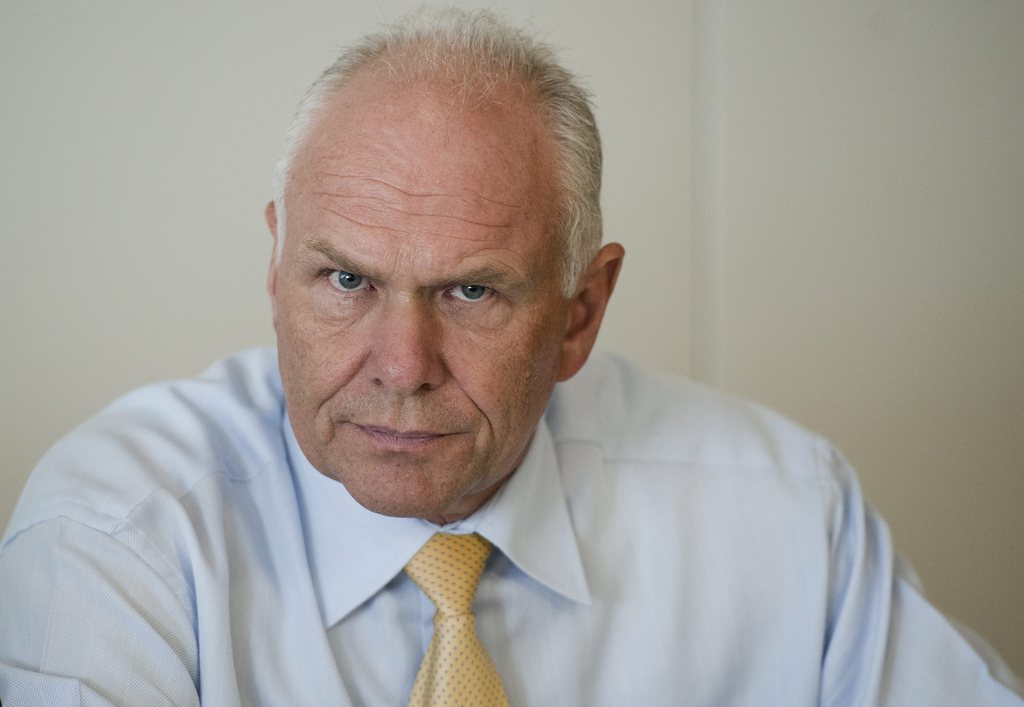
Switzerland’s manufacturing and science industries have again urged negotiators to patch up differences with the European Union, warning of grave risks to the Swiss economy if the current impasse cannot be resolved.
The future of Switzerland’s relationship with the EU was thrown into doubt last December when the EU stated that current system of bilateral agreements had reached the end of its sell-by date.
On the one hand, the EU finds the series of accords too unwieldy and inflexible to continue in their current form. It wants a new system that would automatically update accords to meet EU law.
Brussels has also lost patience with Swiss reticence to negotiate EU gripes with the cantonal corporate tax system. As a result, Switzerland has been frozen out of the latest round of EU reforms on energy and transport.
In June, the Swiss government submitted a solution to the impasse, suggesting a national supervisory body to oversee the accords process.
Speaking at a media conference in Zurich on Friday, EU ambassador to Switzerland Richard Jones welcomed the Swiss proposals but gave no hint at how well they had been received in Brussels or when an answer might be expected.
Clear benefits
Jones had spoken against such a supervisory body in media interviews earlier this year, saying that mediation bodies already existed that did the same job. His comments have been interpreted as a signal that Brussels could also reject the proposal.
On Friday, the ambassador hinted that Switzerland had so far enjoyed the better end of the bilateral agreement system. “Switzerland has enjoyed greater access to the single market than other non-EU country,” he said. “This access has been of great benefit to the Swiss economy.”
Responding to Jones’s comments, made during an event to mark the 20th anniversary of the EU single market, Swiss industrialists outlined exactly how beneficial access to EU markets and skilled workforce has been.
Christoph Mäder, head of Science Industries Switzerland revealed that 45 per cent of the 67,000 workers in the Swiss pharmaceuticals, chemicals and biotech sectors are EU citizens. In addition, the Swiss science sector employs around 120,000 people in the EU.
Some 57 per cent of Swiss science industry exports go to the EU while Switzerland enjoys a SFr25.5 billion ($27.5 billion) trade surplus. In addition, Switzerland cooperates heavily with EU institutions in vital research and development projects.
The mechanical and electrical engineering industries would suffer enormously if the bilateral accord that includes Switzerland in the EU’s free movement of workers principle were to be withdrawn, warned Hans Hess, president of the Swissmem industrial lobby group.
Plan B
While Swissmem supports the continued negotiations that are aimed at reviving the bilateral treaty path, Hess said that the time might come to look for other options.
“The bilateral path has strengths but also weaknesses, such as its complexity,” Hess said. “As long as the bilateral path proves successful then we should follow it, but if the problems prove too great then we should not be dogmatic – we should then have a plan B.”
While Hess did not elaborate on what plan B could be, some commentators have raised the possibility of Switzerland again looking into joining the European Economic Area – a halfway house between full entry to the single market and the bilateral path.
But Swiss voters rejected the idea in 1992 when it was last put to them in a referendum and opposition is still strong to Switzerland “surrendering” any more sovereignty to the EU.
Negotiators on both sides of the current impasse have also shown little inclination to find a more radical solution. Swiss foreign minister Didier Burckhalter in June said that “there is no plan B if the EU rejects our proposals [for a bilateral supervisory body]”.
And on Friday Richard Jones also poured cold water on searching for alternative solutions. “The EU is still looking at plan A,” he said.
The Swiss government decided in 1992 to apply for negotiations on EU membership. The application is currently shelved.
The government’s 2006 report on European integration stated that the Swiss policy is based on bilateral treaties.
In August 2010 the government published a report on the country’s European integration policy, which declared that bilateral accords were still the best way to work with the EU, despite increasing difficulties.
It has concluded 20 major bilateral agreements with the bloc. There are also about 100 secondary bilateral accords between Bern and Brussels.
Bilateral treaty package I (1999)
Focused on opening up markets, the free movement of persons, technical barriers to trade, public markets, agriculture, air, road and rail transport and Swiss participation in EU research programmes.
Bilateral treaty package II (2004)
Covered new economic interests and extended to cooperation and political questions (internal security, asylum, environment and culture), the Schengen/Dublin Accords, savings tax, processed agricultural products, media, environment, statistics, fraud, pensions, education and professional training.

In compliance with the JTI standards
More: SWI swissinfo.ch certified by the Journalism Trust Initiative

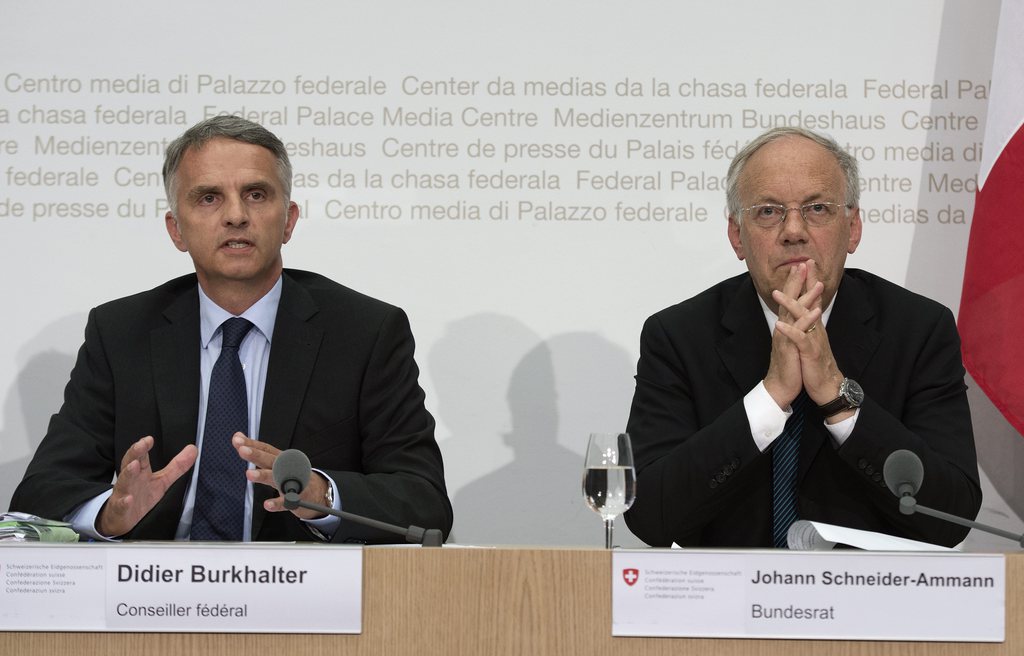
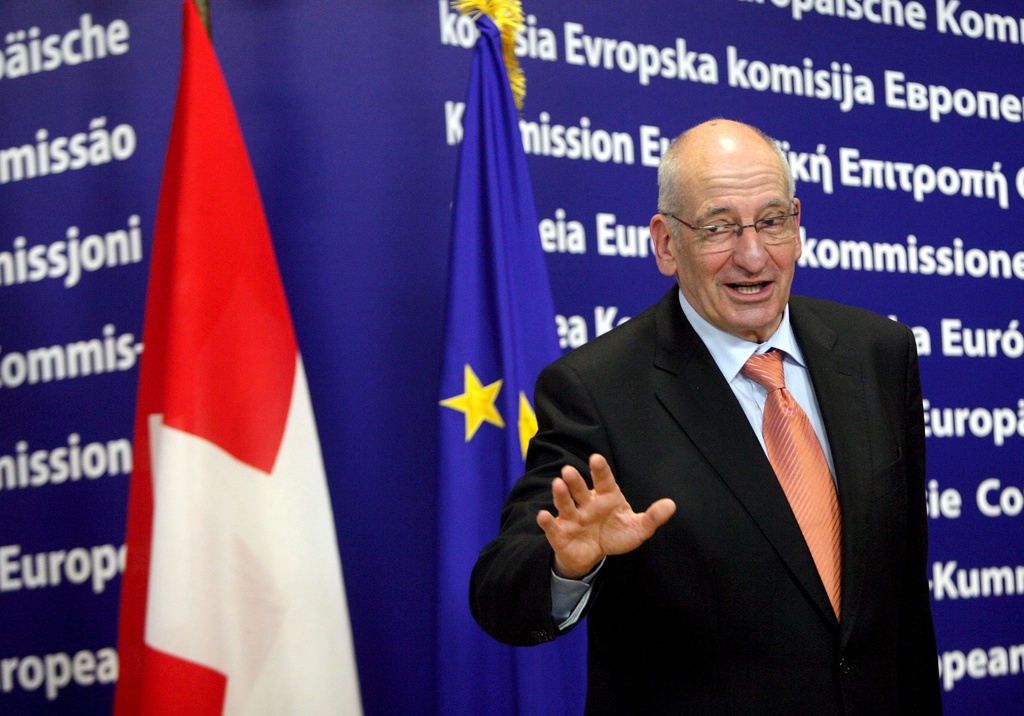
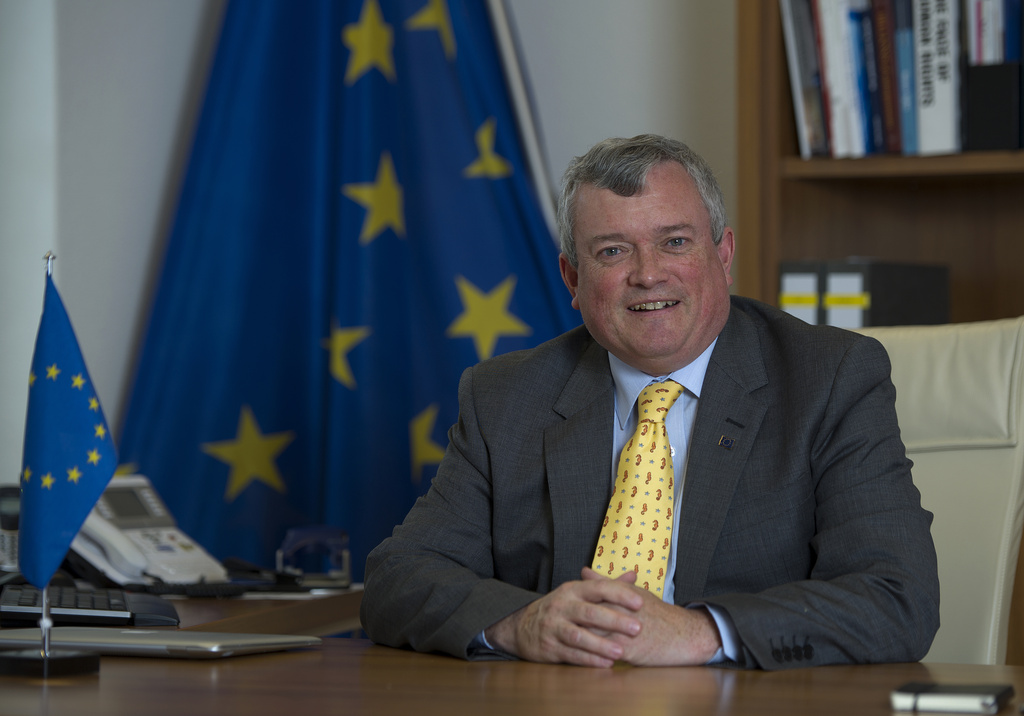
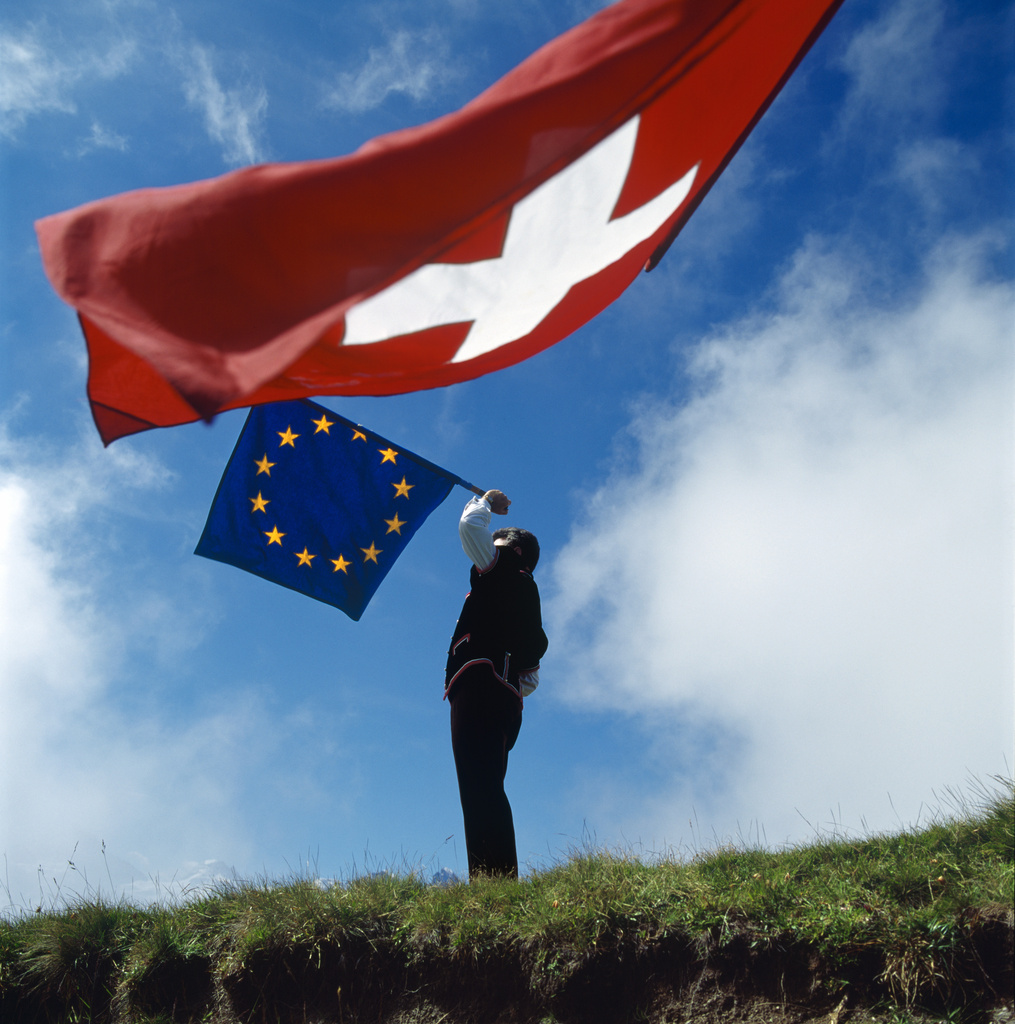
You can find an overview of ongoing debates with our journalists here. Please join us!
If you want to start a conversation about a topic raised in this article or want to report factual errors, email us at english@swissinfo.ch.